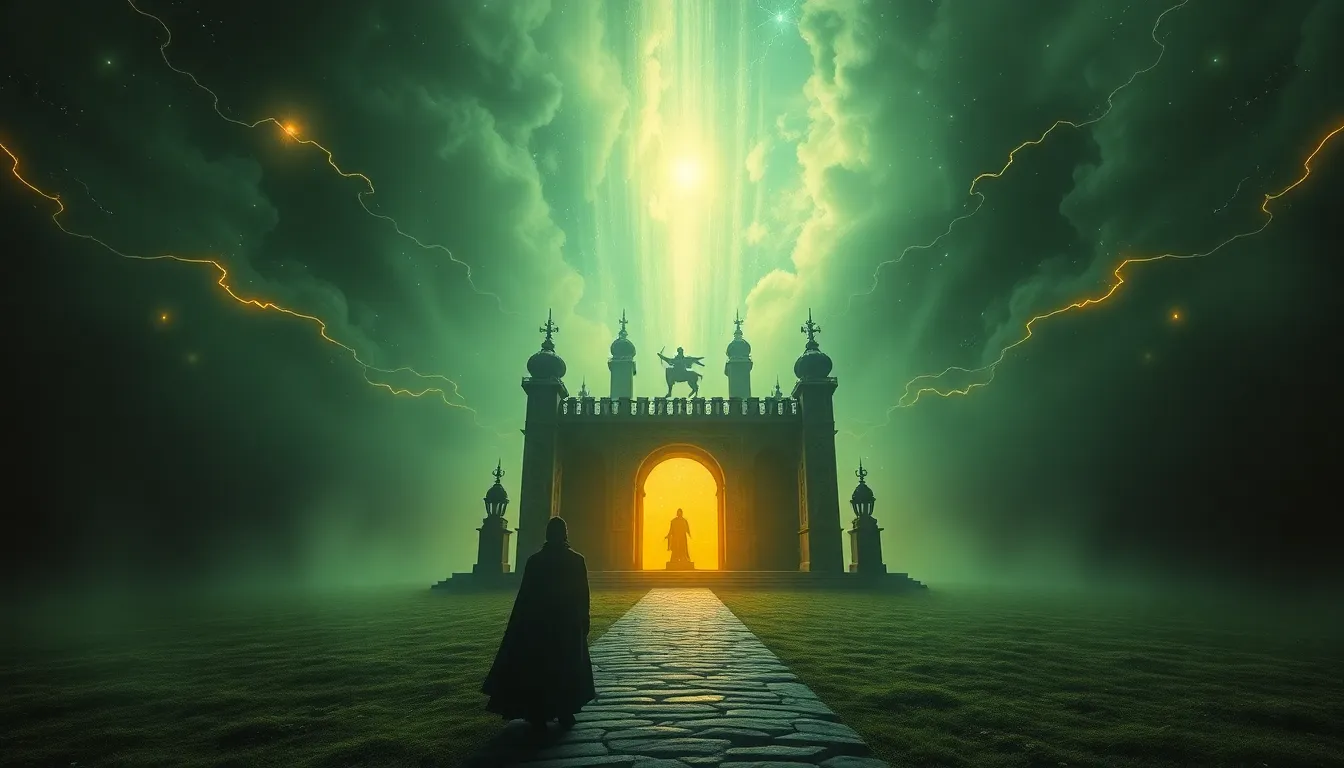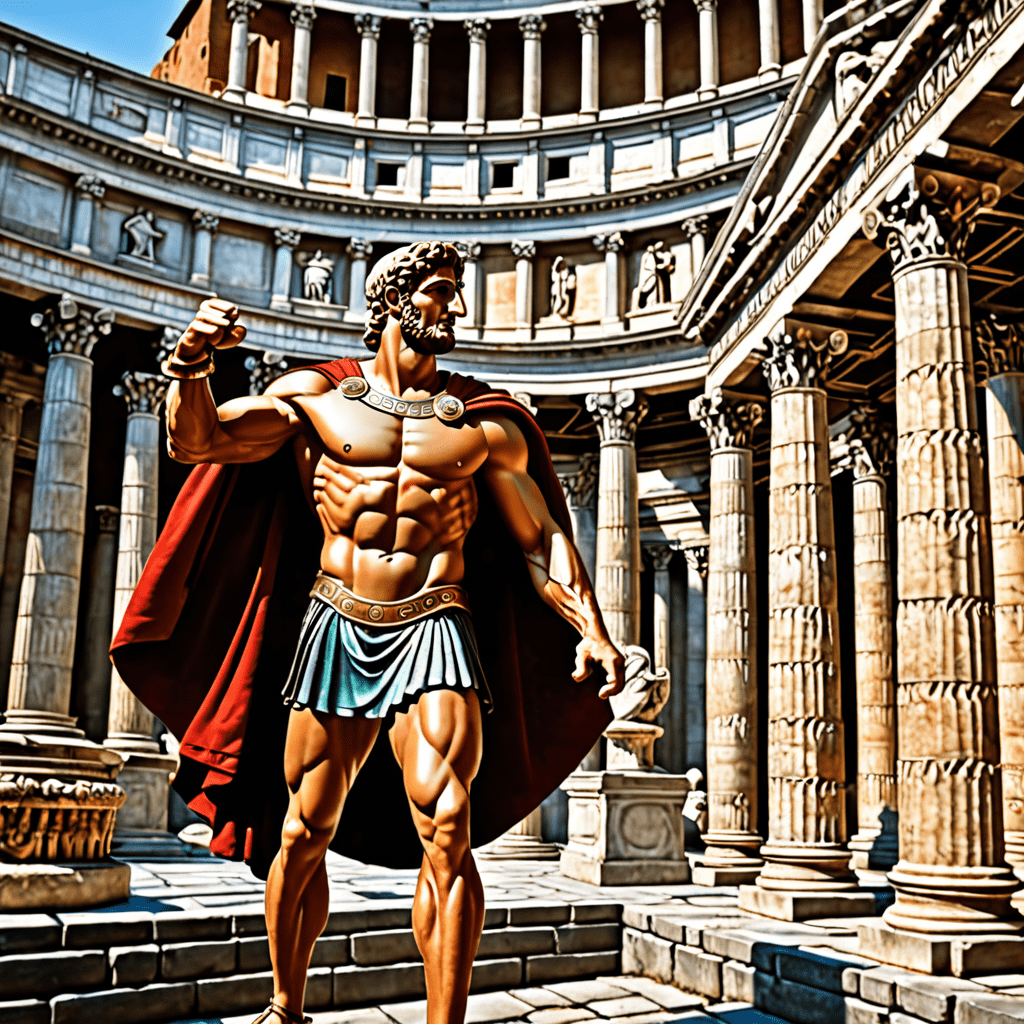10 Prophecies That Came True: Are We Living in a Myth?
Introduction: The Intersection of Prophecy and Reality
Prophecy has long held a significant place in human culture, often serving as a bridge between the unknown future and the present. Defined broadly, prophecy refers to a prediction or foretelling of future events, usually believed to be inspired by a divine source or supernatural insight. Across various cultures, prophecies have shaped religions, guided societies, and influenced personal beliefs.
This article aims to explore a selection of prophecies that have seemingly come true, analyzing their impact and raising the question: are we living in a myth or a predicted reality?
Understanding Myth and Prophecy
To delve deeper into the topic, it is essential to define both myth and prophecy. A myth is a traditional story that explains a phenomenon, often involving supernatural beings or events and serving to convey a moral or cultural lesson. Prophecy, on the other hand, concerns specific predictions about the future, often tied to spiritual or divine revelations.
The role of myth in shaping human understanding is profound, as it provides frameworks through which cultures interpret their experiences. Similarly, prophecies can influence beliefs and actions, often motivating individuals and communities to prepare for or react to foretold events.
The Historical Context of Prophecies
Throughout history, prophetic traditions have emerged in various forms. Figures such as Nostradamus, who penned cryptic verses predicting future events, and biblical prophets like Isaiah and Jeremiah, have left lasting legacies. These prophetic voices have not only influenced religious thought but have also had significant societal impacts, guiding collective actions during tumultuous times.
Prophecy #1: The Fall of the Berlin Wall
The fall of the Berlin Wall in 1989 was a monumental event in world history, symbolizing the end of the Cold War and the division between East and West. Prior to this, a number of political figures and activists spoke of the inevitability of change in Eastern Europe. Among them, the Polish Pope John Paul II and various dissidents forecasted that the oppressive regimes in Eastern Europe could not withstand the rising tide of freedom and democracy.
The events leading up to the fall of the wall included growing dissent in East Germany, mass protests, and the influence of reform movements in neighboring countries. The significance of this event extends beyond Germany; it reshaped global politics and inspired movements for democracy worldwide.
Prophecy #2: The Rise of Technology and the Internet
Long before the internet became an integral part of daily life, several visionaries predicted its rise. Notable figures like Marshall McLuhan in the 1960s foresaw the implications of a connected world, coining phrases like “the global village.” His ideas, along with those of other futurists, laid the groundwork for understanding the profound impact of technology on society.
As a result of these early prophecies, we have witnessed transformative changes in communication, commerce, and information dissemination, fundamentally altering how we interact with one another.
Prophecy #3: Climate Change Awareness
Concerns about climate change date back several decades, with scientists like Dr. James Hansen warning about the dangers of greenhouse gas emissions as early as the 1980s. These predictions of environmental degradation have only become more pressing in recent years.
- Notable scientists: Figures like Rachel Carson and Al Gore have raised awareness about ecological issues and the consequences of inaction.
- Impact on policy: The foresight of these individuals has influenced public policy, leading to various international agreements such as the Kyoto Protocol and the Paris Agreement.
Today, climate change is a central issue in global politics and public consciousness, highlighting the importance of early prophetic warnings.
Prophecy #4: The COVID-19 Pandemic
Long before the outbreak of COVID-19, experts had been warning about the potential for pandemics. Literature from as early as the 1990s, including works by authors like Laurie Garrett, highlighted the risks of global health crises emerging from interconnectedness.
As the pandemic unfolded, the implications for public health and preparedness became starkly evident. The foresight of experts underscored the need for robust health systems and global cooperation in the face of infectious diseases.
Prophecy #5: Political Upheavals and Revolutions
Throughout history, prophetic statements have often accompanied political revolutions. For instance, leading up to the Arab Spring, various analysts and activists predicted widespread unrest in the Middle East due to economic disparities and authoritarian governance.
Case studies from countries like Tunisia and Egypt illustrate how these prophetic insights galvanized movements that led to significant political change. The role of prophecy in motivating social change cannot be underestimated, as it often inspires collective action in pursuit of a better future.
The Skeptic’s View: Debunking Prophecies
Despite the compelling nature of prophecies, skeptics argue against their validity. Common arguments include:
- Cognitive biases: Humans often have a tendency to find patterns in randomness, which can lead to misinterpretations of prophetic statements.
- Confirmation bias: People may selectively remember prophecies that have come true while ignoring those that have not.
This skepticism invites a critical examination of how we interpret prophetic claims and the contexts in which they arise.
Conclusion: Are We Living in a Myth or a Predicted Reality?
In reflection, the nature of prophecy and myth in contemporary society remains a fascinating topic. As we navigate our world, the interplay between prophecies and reality continues to shape our beliefs and actions. While some prophecies have seemingly come true, it is essential to approach these claims with a critical mindset.
Ultimately, the ongoing relevance of prophecies invites us to consider not only our past but also how we might prepare for the future. Are we merely living in a myth, or are we actively participating in a reality that has been predicted through the lens of history?



